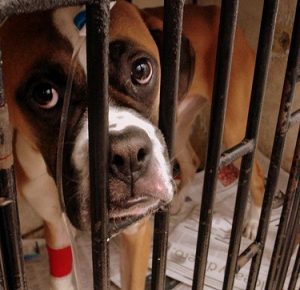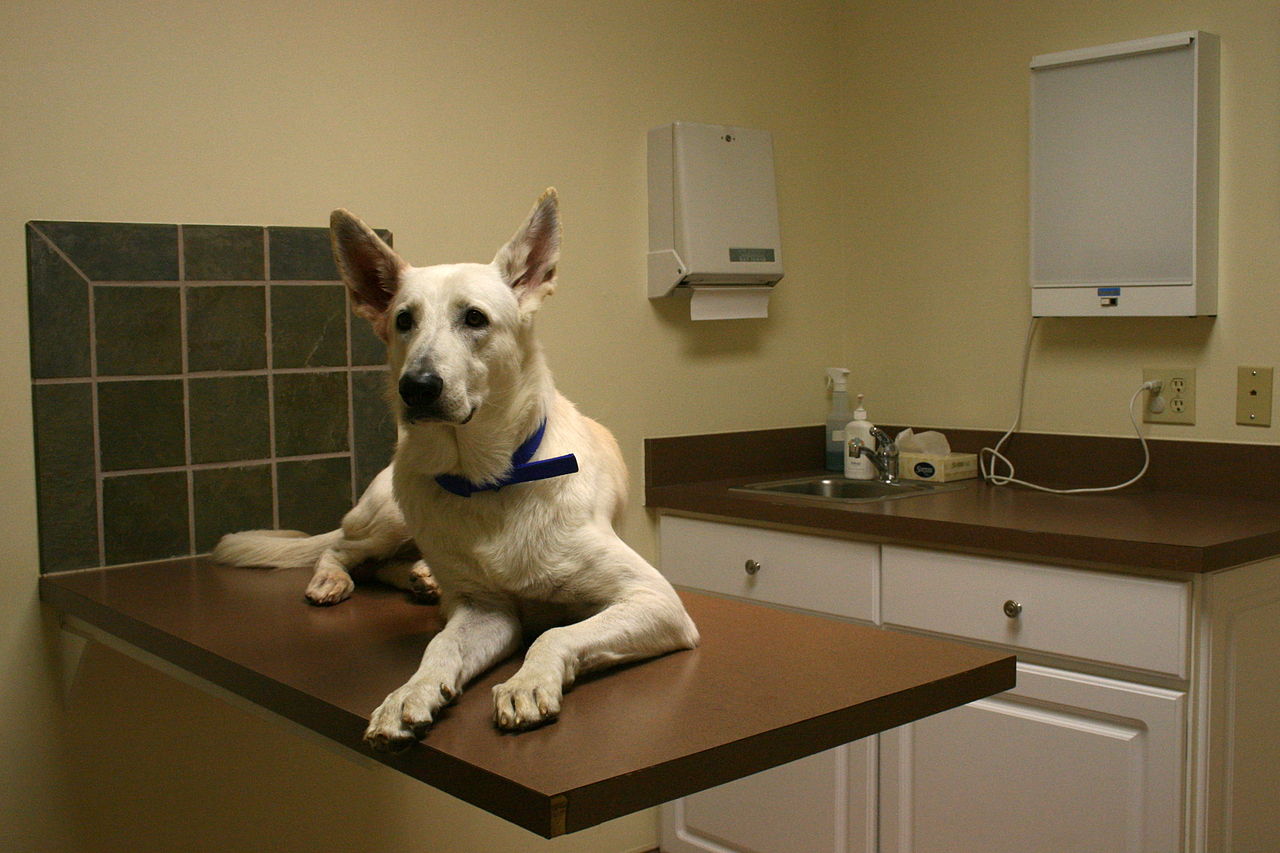Benign Prostatic Hyperplasia (BPH) occurs when the prostate gland enlarges (hyperplasia).
The prostate surrounds the eurethra and neck of the male dog’s bladder. It is called an accessory sex gland meaning that while it does not produce sperm, it plays and important part in breeding. Prostate fluid helps nourish sperm cells, has antibacterial properties that protect sperm and decrease chances of infection in the female and aids in propelling sperm to travel to the ovaries.
Signs of an enlarged prostate can be painful defecation as the gland pushes against the rectum. If the prostate is painful, the dog will have an abnormal walk to avoid putting pressure on the gland. Other symptoms can be straining to urinate, bloody stools, blood and/or pus discharge from the penis, enlarged abdomen.
BPH, while not an infection, usually occurs in about 95% of mature dogs who are intact (not neutered).
Your veterinarian will check for inflammation, bacterial infections which can be acute or chronic and cancer, although rare in dogs.
Treatment can be long-term with the use of medications (oral and injectable), catheterizations, enemas and sometimes surgery. With surgery, the prostate shrinks due to lack of testosterone, making treatment easier. If cancer is present, treatment may not help.
While neutering does not change the result if cancer is diagnosed, BPH can be avoided by castration.



